Open-source notebooks
The notebook ecosystem has a variety of tools with both proprietary and open-source licenses. It’s incredible to see how much of the notebook space is open-source. Jupyter in particular can be credited for notebooks as we know them today.
Below is a list of open source notebook tools.
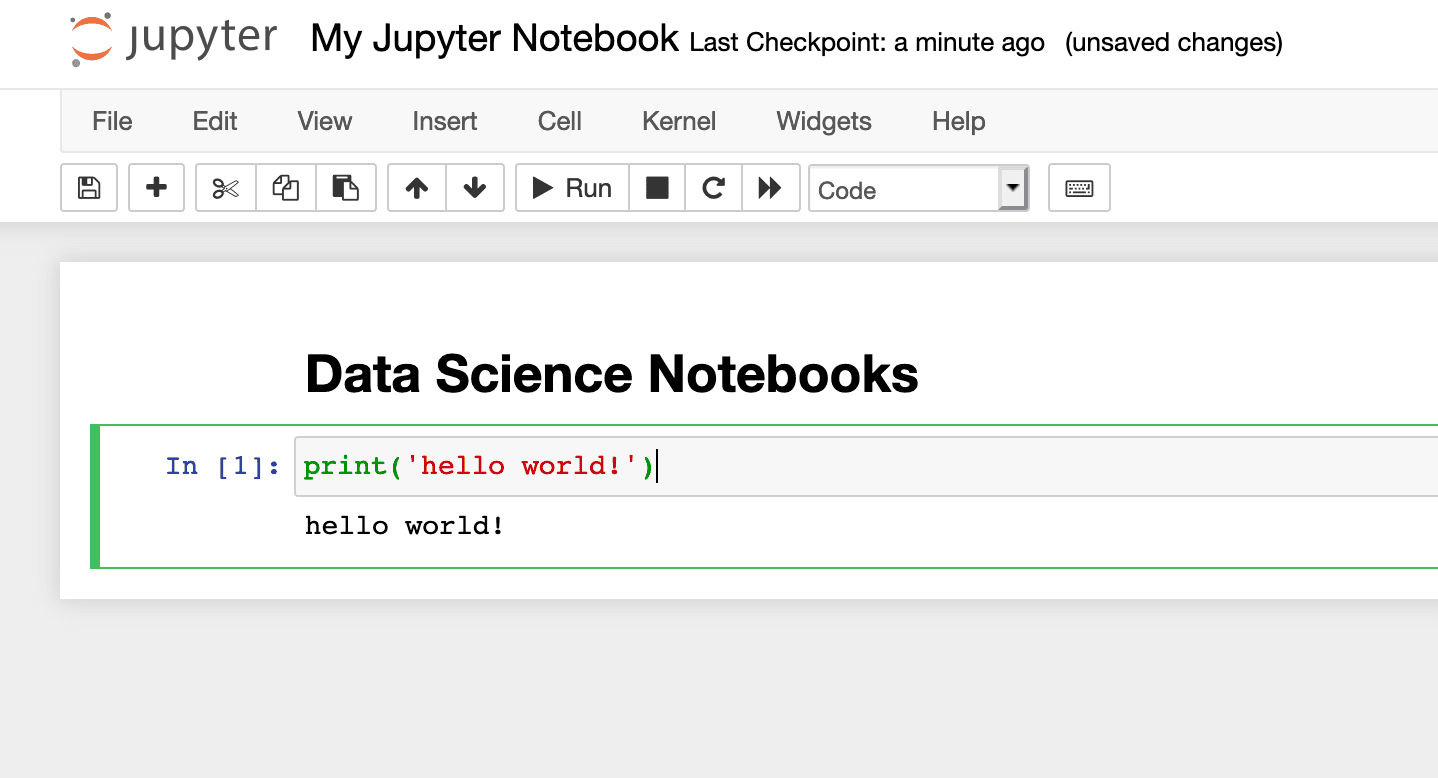
Jupyter
Project Jupyter exists to develop open-source software, open-standards, and services for interactive computing across dozens of programming languages. There's a number of vendors offering Jupyter notebooks as a managed service.
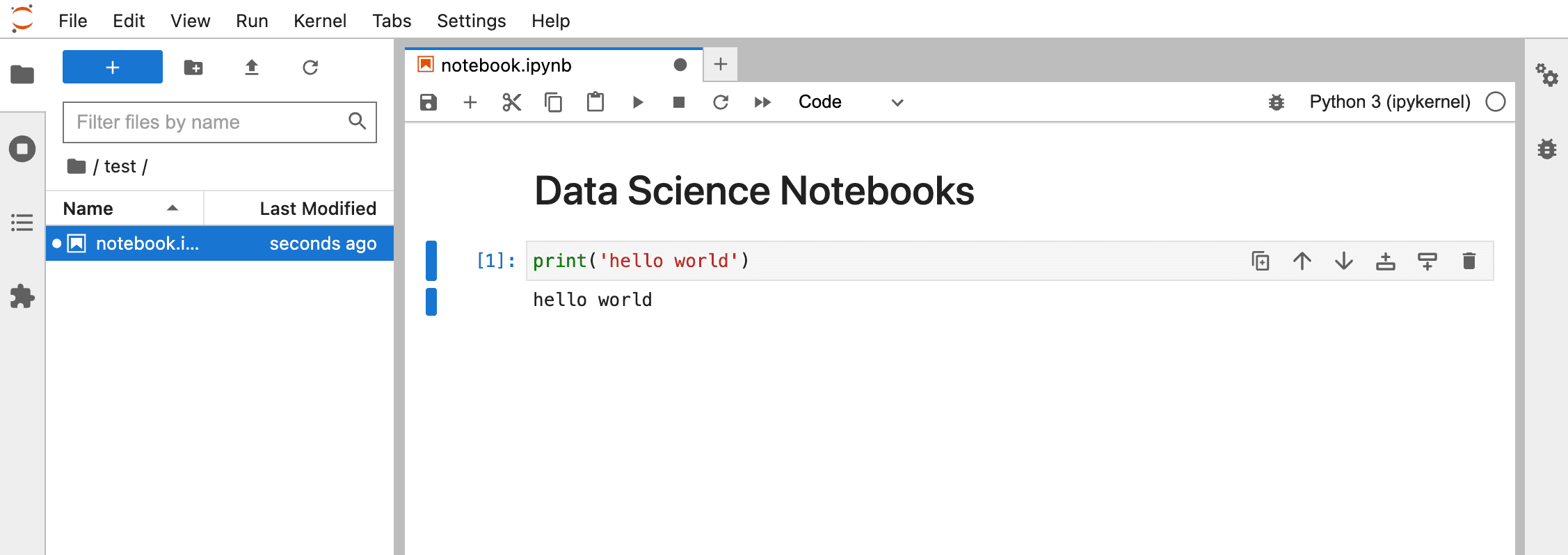
JupyterLab
JupyterLab is the next-generation web-based user interface for Project Jupyter.
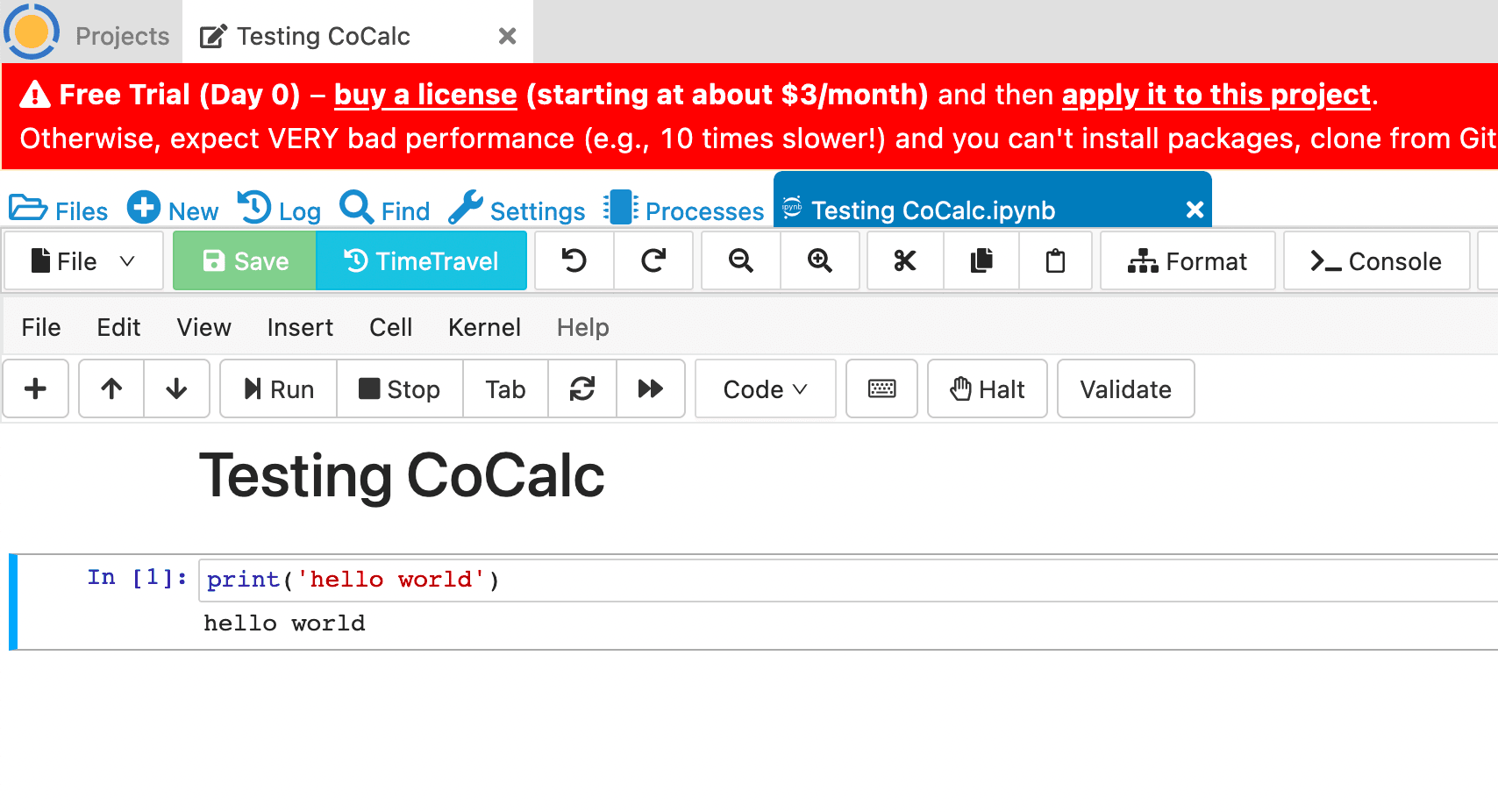
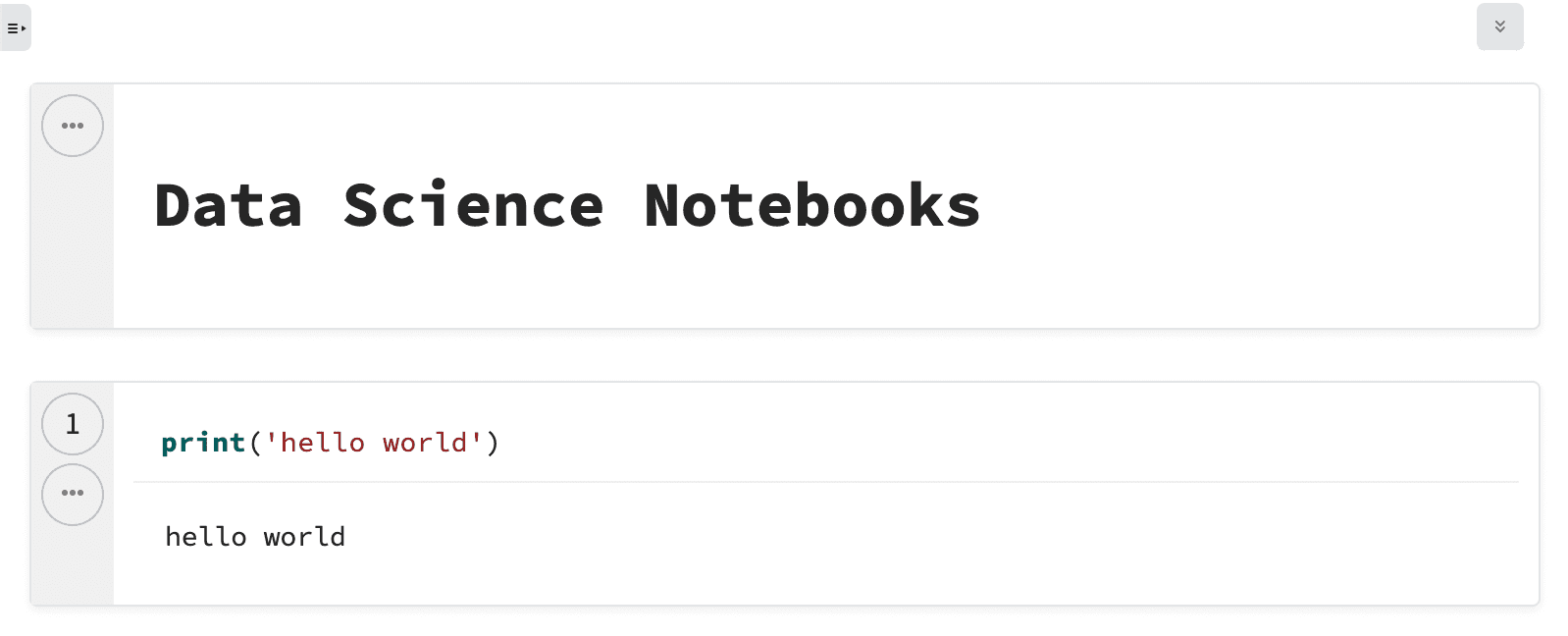
nteract
nteract is an open-source organization committed to creating fantastic interactive computing experiences that allow people to collaborate with ease.
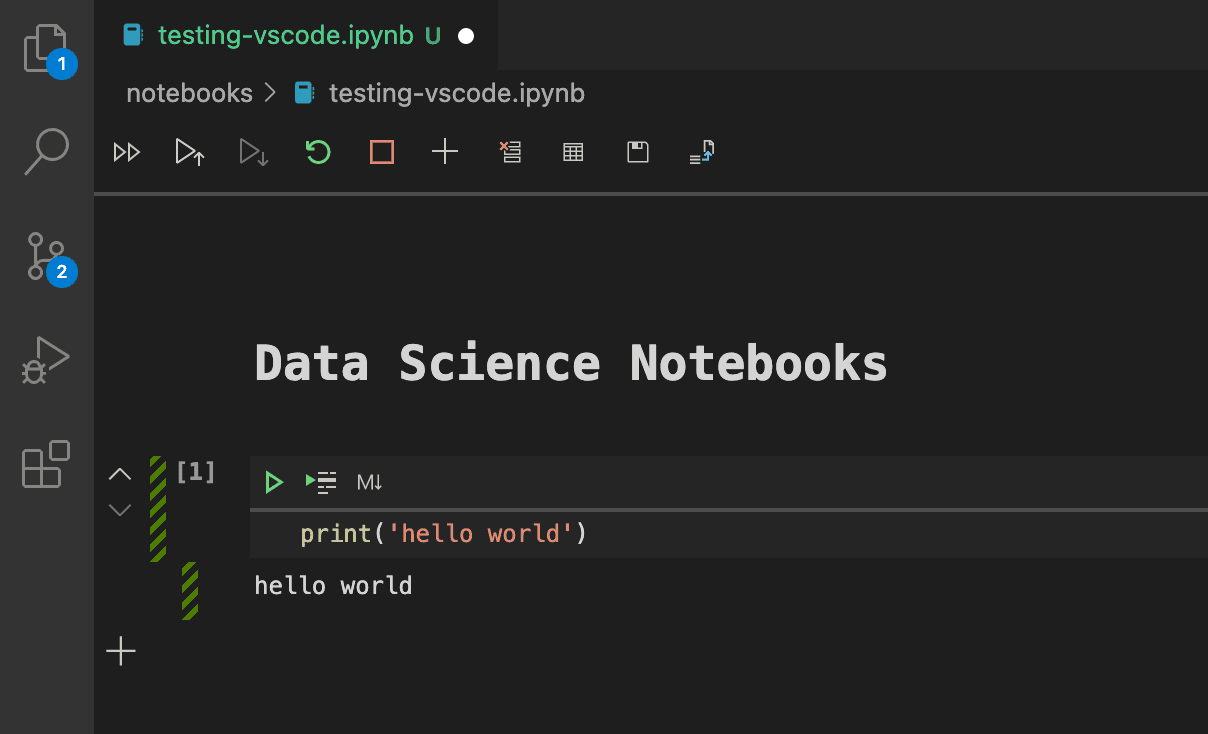
VS Code
Visual Studio Code is a lightweight but powerful source code editor. It supports working with Jupyter Notebooks natively, as well as through Python code files.
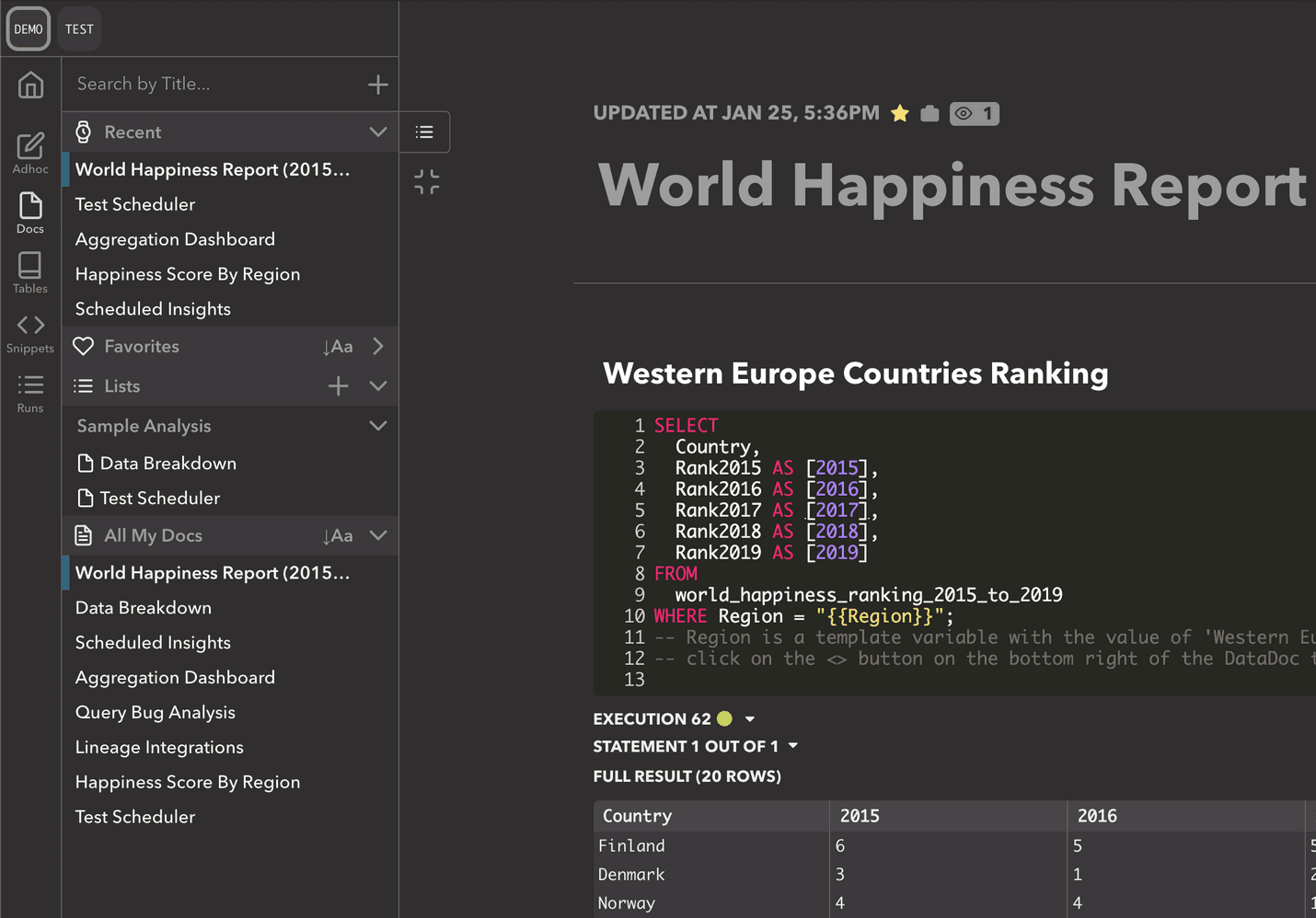
Querybook
Querybook is Pinterest’s open-source big data IDE via a notebook interface.
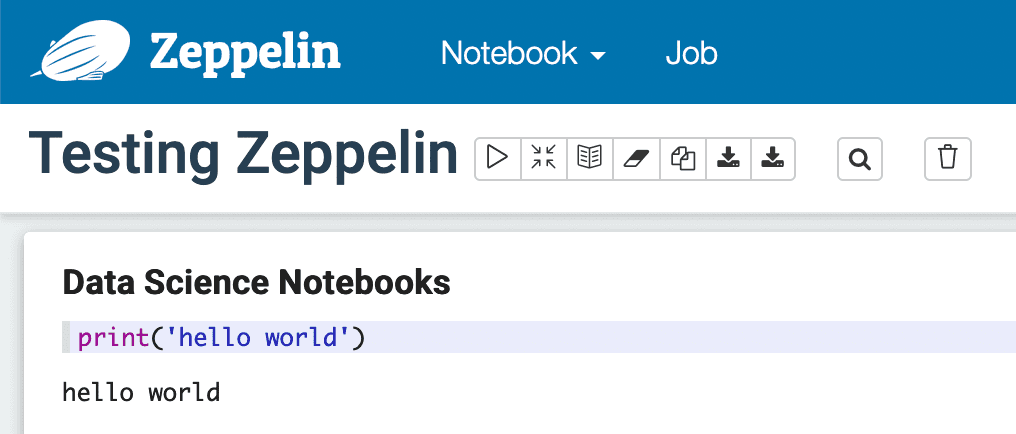
Zeppelin
Web-based notebook that enables data-driven, interactive data analytics and collaborative documents with SQL, Scala and more.
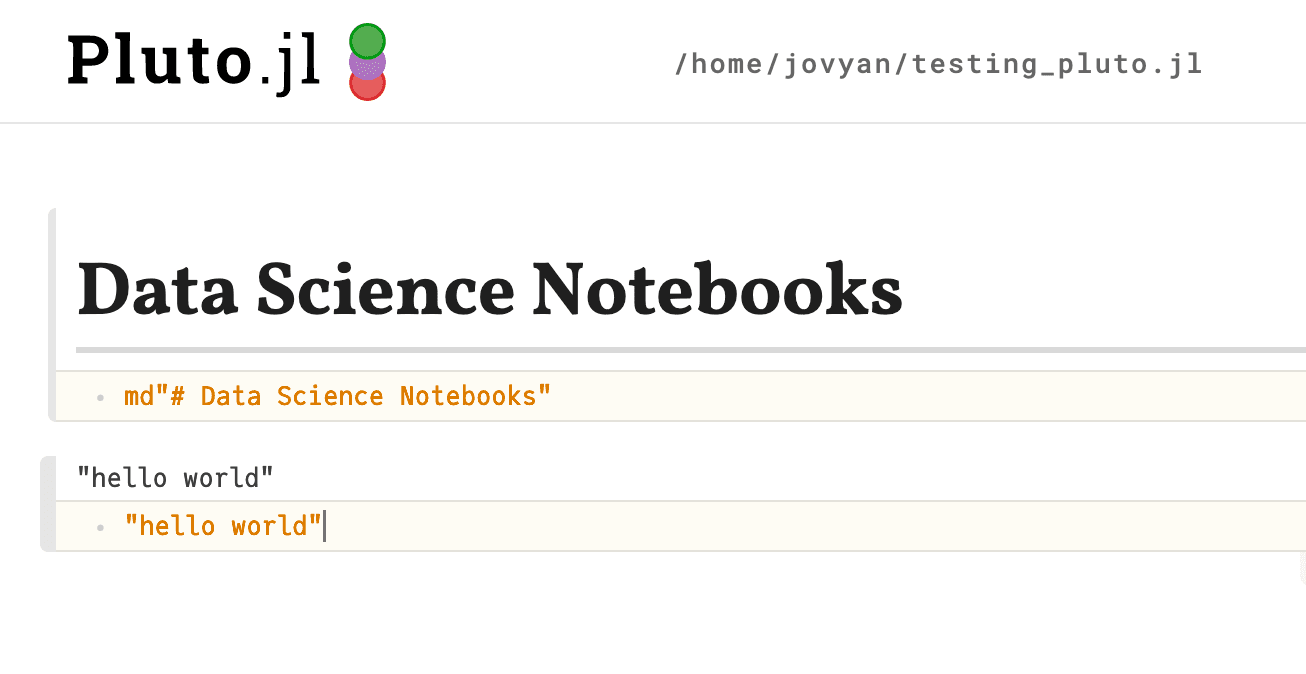
Pluto.jl
Writing a notebook is not just about writing the final document — Pluto empowers the experiments and discoveries that are essential to getting there.
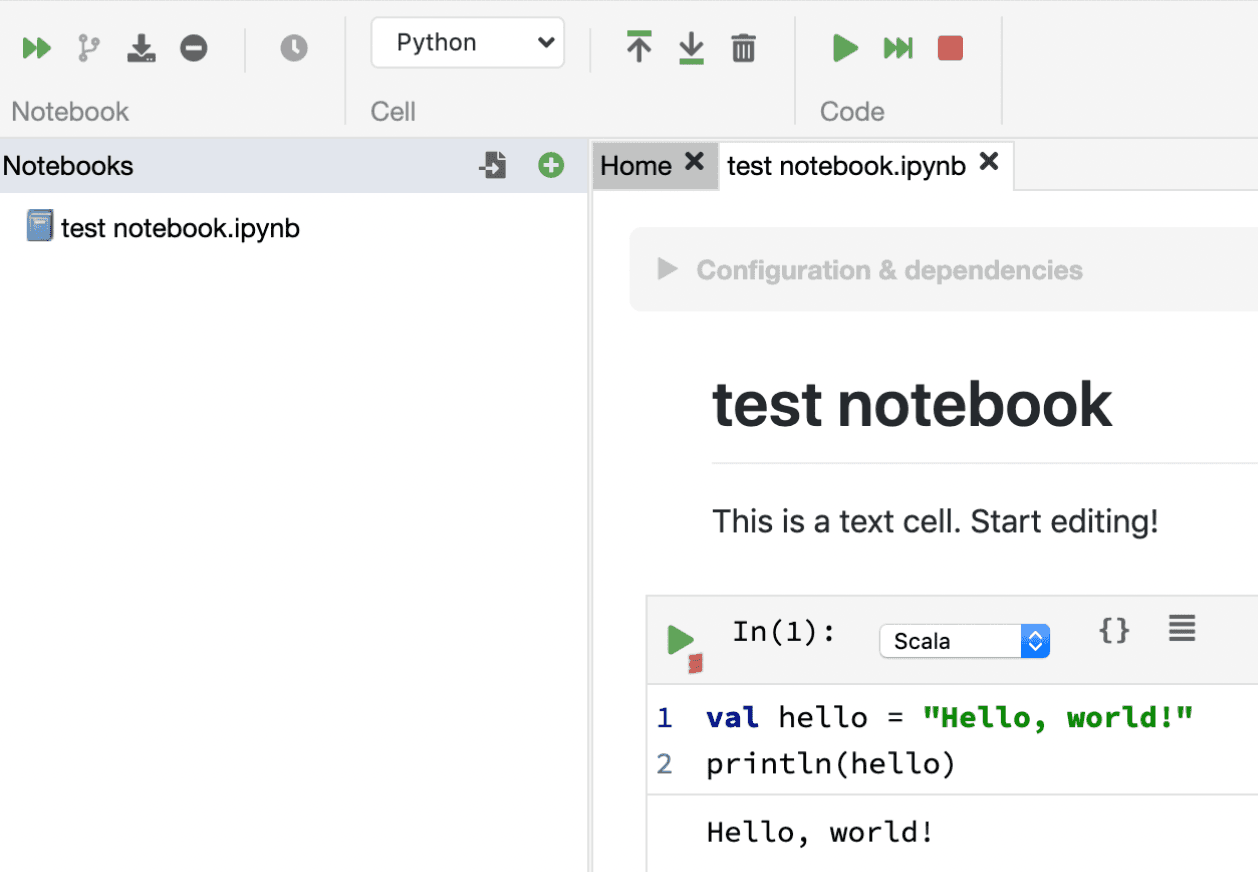
Polynote
Polynote is a different kind of notebook. It supports mixing multiple languages in one notebook, and sharing data between them seamlessly. It encourages reproducible notebooks with its immutable data model.
